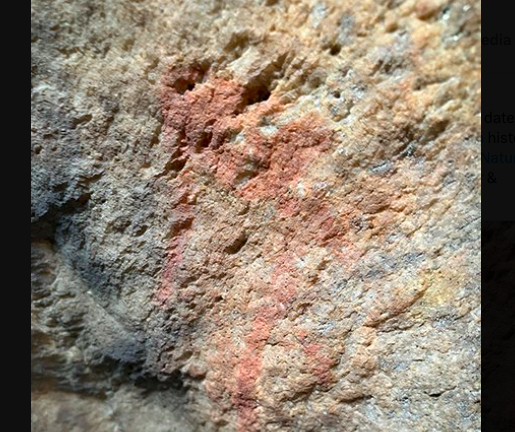Johannesburg – Researchers have reconstructed the oldest human genomes ever found in South Africa from two people who lived around 10,000 years ago, allowing a better understanding of how the region was populated, an author of the study said on Sunday.
The genetic sequences were from a man and a woman whose remains were found at a rock shelter near the southern coastal town of George, about 370 kilometres (230 miles) east of Cape Town, said University of Cape Town (UCT) biological anthropology professor Victoria Gibbon.
They were among 13 sequences reconstructed from people whose remains were found at the Oakhurst shelter and lived 1,300-10,000 years ago. Prior to these discoveries, the oldest genomes reconstructed from the region dated back around 2,000 years.
A surprise finding from the Oakhurst study was that the oldest genomes were genetically similar to those from San and Khoekhoe groups living in the same region today, UCT said in a statement.
“Similar studies from Europe have revealed a history of large-scale genetic changes due to human movements over the last 10,000 years,” said lead author of the study, Joscha Gretzinger, in the statement.
Oldest human #DNA from South Africa decoded to date. 10,000-year-old DNA provides insights into the region’s #population history. Study by @JoGretzing, Victoria Gibbon, @stschiff et al. in @NatureEcoEvo. @MPI_EVA_Leipzig @UCT_news https://t.co/BYtjc3dcUz & https://t.co/KSMp2pDSU3 pic.twitter.com/ocO1bZmAxl
— MPI-EVA Leipzig (@MPI_EVA_Leipzig) September 19, 2024
“These new results from southernmost Africa are quite different, and suggest a long history of relative genetic stability,” said Gretzinger, from the Max Planck Institute for Evolutionary Anthropology in Leipzig, Germany, which participated in the study.
DNA data currently show this only changed around 1,200 years ago when newcomers arrived and introduced pastoralism, agriculture and new languages to the region, and began interacting with local hunter-gatherer groups.
Even though some of the world’s earliest evidence of modern humans can be traced to southern Africa, it tends to be poorly preserved, Gibbon told AFP. Newer technology made it possible to obtain this DNA, she said.
Unlike in Europe and Asia where the genomes of thousands of people have been reconstructed, fewer than two dozen ancient genomes have been recovered from southern Africa, specifically Botswana, South Africa and Zambia.
“Sites like this are rare in South Africa, and Oakhurst has allowed for a better understanding of local population movements and relationships across the landscape over nearly 9,000 years,” Gibbon said.
Follow African Insider on Facebook, Twitter and Instagram
Source: AFP
Picture: X/@MPI_EVA_Leipzig
For more African news, visit Africaninsider.com


